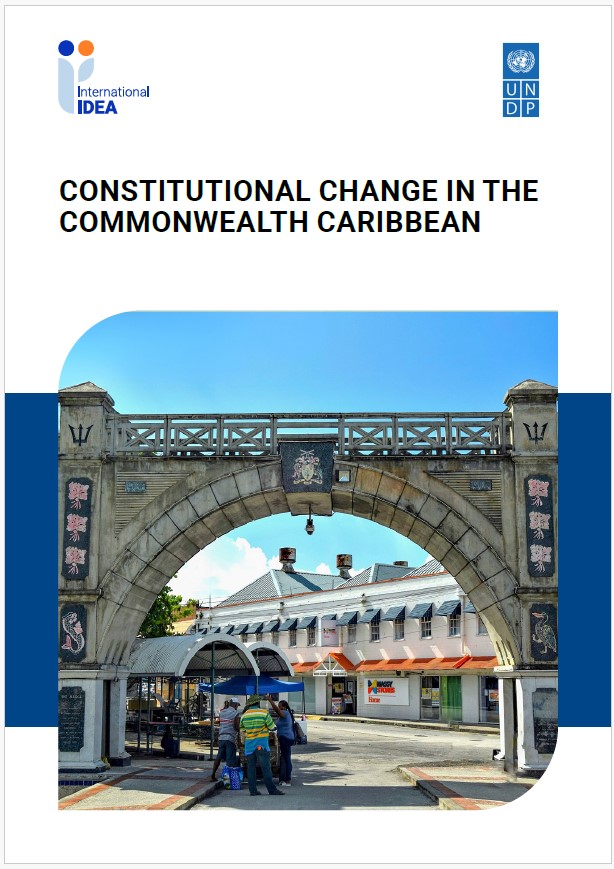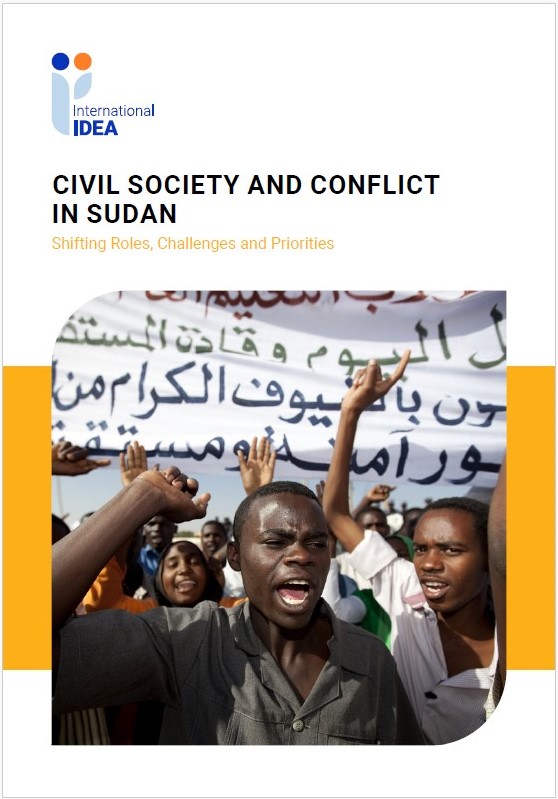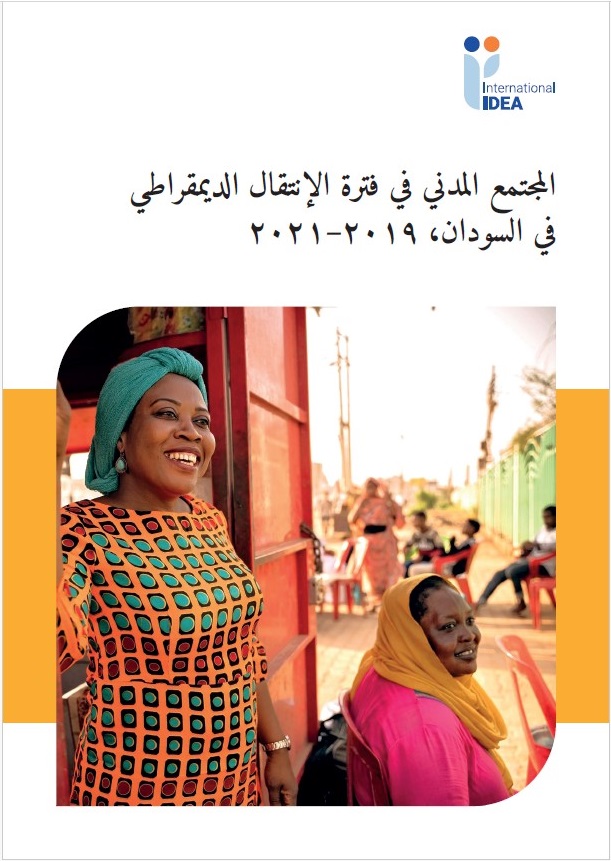One of the most enlightening debates on international democracy support is turning 15 this coming April. In his 2002 “The End of the Transition Paradigm,”[1] Tom Carothers argued that democracy supporters at that time operated within a framework derived in part from a “superficial transfer of ideas” from scholarly literature on transitions away from authoritarian rule.
Search
Region
Country
Type
“Our role is to be transparent, accountable and responsible in our oversight function, now that Myanmar is transitioning towards democracy”, said by U Aye Tha Aung, Deputy Speaker of the Union Parliament of Myanmar and of the Amyotha Hluttaw and Chair of the Parliament’s Joint Public Accounts Committee (JPAC).
Throughout the world, the number of women elected to office remains significantly lower than the number of men. Different factors contribute to the existence of gender inequality in politics. An increased understanding of the issues surrounding political finance has demonstrated a link between political finance and women’s participation in politics. Lack of access to financial resources is regularly identified as a key barrier to the participation of women in politics.
On 17 March, International IDEA’s Secretary-General, Yves Leterme, took part in the 5th Global Baku Forum on “The Future of International relations: Power and Interest”, discussing the future of Europe.
Leading figures in global politics, gathered at the 5th Global Baku Forum on16 and 17th of March to discuss and analyze the future of international relations and share their vision on potential solutions to the multiple threats the world is facing today.
To observe the International Women’s Day, the 2nd National Conference on Women in Governance, Leadership & Politics in Bhutan with a regional dimension was organised between 8 -10 March 2017 by the National Commission for Women and Children (NCWC) and the Bhutan Network for Empowering Women (BNEW) in collaboration with Women Children and Youth Committee of the National Assembly, Election Commission of Bhutan, Department of Local Governance and Bhutan Democracy Dialogue.
Myanmar has trained 1,500 election officials ahead of its by-elections on 1 April 2017, when more than 2 million citizens will choose 19 parliamentary representatives among 94 candidates. The by-elections will be held in 22 different townships scattered across eight of Myanmar’s 14 states and regions. These areas include places where general elections could not be held in 2015 due to continued armed insurgency.
Peru was elected Chair of International IDEA for 2017 by the Council of Member States on 8-9 December 2016. Taking up its new role, Peru has set "Corruption: A threat towards a democracy of quality" as the theme of its Chairship.
Education, increased awareness on the need to have women running for political leadership positions, overcoming traditional challenges based on stereotypes and understanding the difference between having quotas and having substantive participation of women are some of the main challenges and opportunities that men and women are identifying for the advancement of gender equality and political empowerment in Africa.
Achieving gender equality and political empowerment of women is now more relevant that ever and it is a responsibility that pertains to all the local, national, regional and international actors.
Last year, women made up less than a quarter of parliamentarians worldwide. While the number has been steadily increasing, more needs to be done. The key to having more women as representative is to influence political parties since they are the ones who choose the candidates for elections.
Does the constitution have a special provision for gender equality? Who implements the rights enshrined in Myanmar’s constitution?
These were some of the questions on the lips of participants from civil society, academia, the judiciary and parliamentarians at an introductory workshop on the constitution assessment for women’s equality held in Yangon in February 2017.
En las últimas dos décadas en Latino América, han habido importantes avances a nivel normativo en lo que a promoción de la participación política de las mujeres se refiere.
Es así que de los 18 países Latinoamericanos, 16 han implementado algún mecanismo de acción afirmativa orientado a incrementar la participación de las mujeres en las listas electorales; de esos, además, 5 países han aprobado la paridad: Bolivia, Ecuador, Costa Rica, México y Nicaragua.
The Royal Government of Bhutan decided in early February to drop their pledge to introduce a 20 per cent quota for women in all elected offices. Lyonpo Dorji Choden, the Chairperson of the National Commission for Women and Children (NCWC) and the only woman minister in the Cabinet, announced at a press conference that the decision was made based on consultative meetings with stakeholders held by the Commission.
This year’s International Women’s Day’s theme, “Be Bold for Change”, is a call to forge a better working world - a more gender inclusive world. In particular, it calls for groundbreaking action that truly drives the greatest change for women.
The members of the new Tunisian government of national unity were sworn in on 27 August, one day after winning the parliamentary vote of confidence. The new government has 40 members (26 ministers and 14 secretaries of state), and 20 per cent of them are women (up from 10 per cent in the previous government).
As countries around the world continue to struggle in bringing the youth into decision-making positions within their democratic institutions and processes, International IDEA identified the need to design new tools that allow young people the opportunity to analyse and explore their democratic realities for effective participation.
Disclaimer: Views expressed in this commentary are those of the staff member. This commentary is independent of specific national or political interests. Views expressed do not necessarily represent the institutional position of International IDEA, its Board of Advisers or its Council of Member States.
Over the last two decades, important regulatory progress has been made in Latin America on the promotion of women’s political participation.
16 of the 18 Latin American countries have implemented affirmative action mechanisms, aimed at enhancing women’s participation on electoral lists. Moreover, 5 countries - Bolivia, Ecuador, Costa Rica, Mexico and Nicaragua – have approved parity.
This Policy Brief is based on the International IDEA Discussion Paper ‘Sanctions, Rewards and Learning: Enforcing democratic accountability in the delivery of health, education, and water, sanitation and hygiene’.
Banning donations by foreign interests to parties or candidates is a common regulatory measure.
“The rationale is quite simple: (…) to protect the principle of self-determination and national sovereignty,” International IDEA’s political finance expert Sam Jones stated in his testimony to the Joint Standing Committee on Electoral Matters of the Australian Parliament, given on 16 February.


